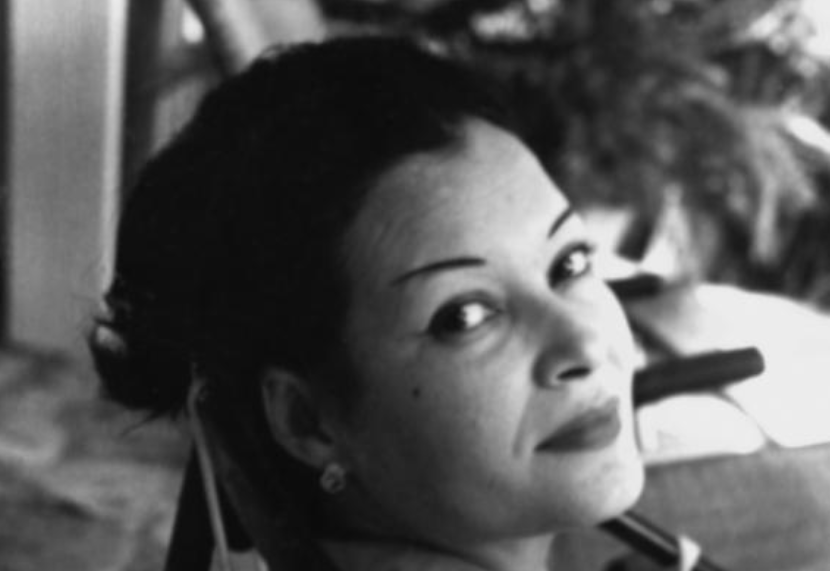Marie Vieux-Chauvet, author of the long-lost “Amour, Colère et Folie” and other novels, spent much of her life exiled from her native country Haiti to avoid persecution for her illuminating novel on the terror of President Jean-Claude Duvalier’s rule.
Born in the capital of Haiti in 1916, Chauvet performed her own mini-plays and scenes for her family throughout her childhood.
She developed a strong sense of justice at a young age, as her father Constant Vieux was a politician.
“One day at school the principal scolded a girl, and Marie left her seat and told the principal, ‘you reprimanded her because she’s poor and Black,’” said Lillian Vieux Corvington, Marie’s older sister, in an interview with Haitian Cultural Institute. “That created a scandal at the school.”
Chauvet’s writing paid off when her first play opened at Rex theater, though her artistic expression soon turned dangerous.
Corvington speculates that the disappearance of her son, coupled with the assassination of two other family members, motivated Chauvet to write “Amour, Colere at Folie,” which translates to “Love, Anger, Madness.”

The book, published in 1968, consists of three novellas that “reflect one another in tone, mood and theme” to describe “the reactions of different classes of people to a generally similar experience of invasion and oppression” under Duvalier’s regime, according to Novelist Madison Smartt Bell in an article for The Nation.
Although Chauvet set the novel almost two decades before Duvalier assumed power, the attempt to mask the underlying political commentary proved futile.
Chauvet’s family attempted to stop her from publishing the novel, but she chose to face exile instead.
Her husband Pierre Chauvet bought as much of the novel’s stock as he could to stifle its circulation.
Exiled to New York, Marie Chauvet worked as a maid for an affluent family in Long Island, among other jobs. Chauvet spent the remainder of her years in the United States, writing five novels over the course of her life.
“She never stopped hoping that the book (“Amour, Colere at Folie “) would be published again and read by the whole world,” said Marie-Cécile Corvington, Chauvet’s niece, in the Haitian Cultural Institute interview.
Although the novel remained lost for several decades, a mid-2000’s republication brought Chauvet’s triumphant triptych back into the public consciousness.
Originally posted 2021-08-24 16:00:00.








